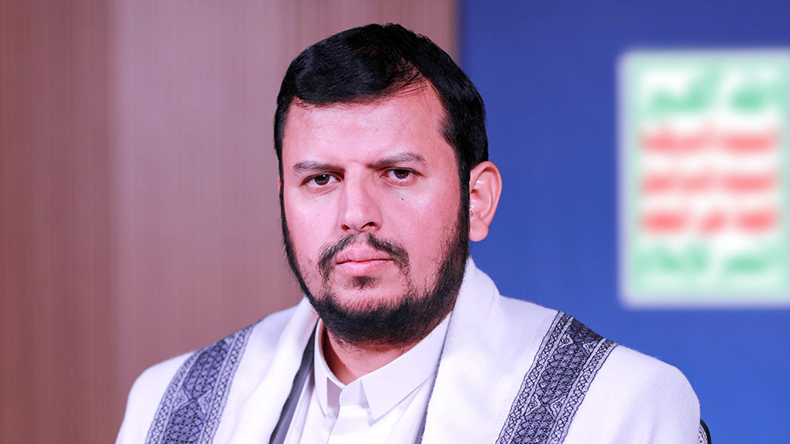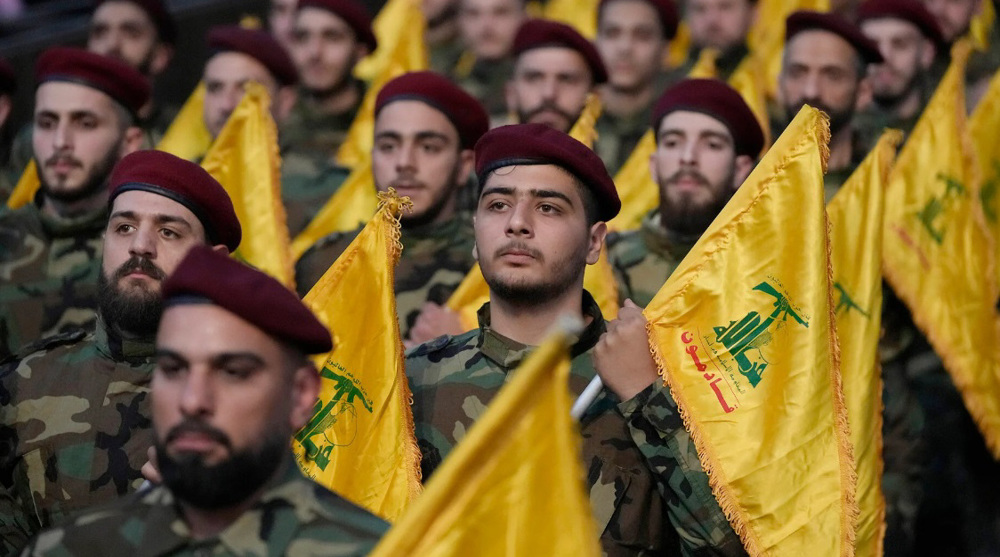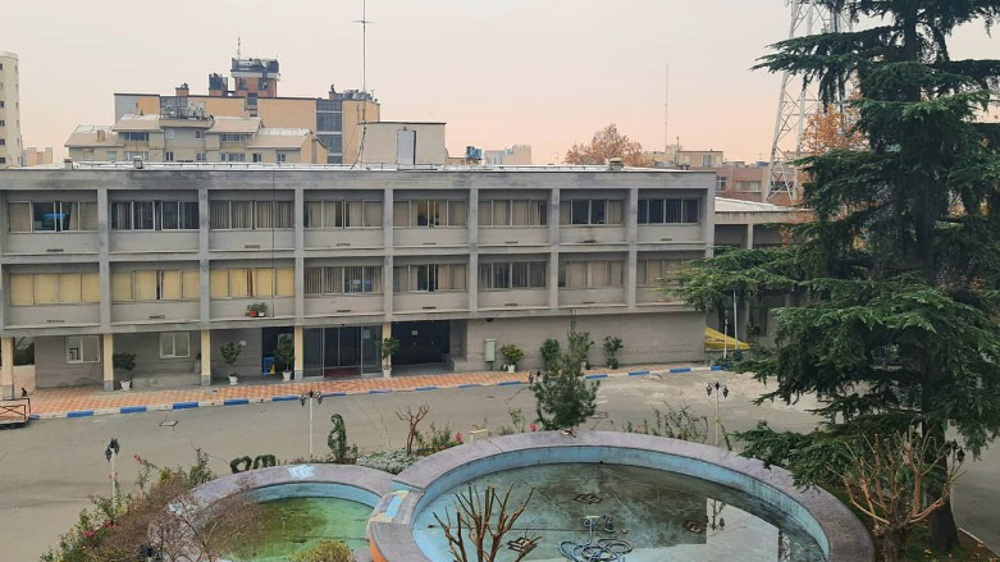UN expert raps US for arbitrary drone attack that killed Gen. Soleimani
A UN special rapporteur has once again lashed out at the United States for breaching international law by assassinating top Iranian commander Lieutenant General Qassem Soleimani in a drone attack, warning about the repercussions of unbridled and self-willed use of armed drones.
"International law is international. It is not American," Agnes Callamard, UN special rapporteur on extrajudicial, summary or arbitrary executions, said in a post on her Twitter account on Saturday.
She added that her warnings on the "exponential, unregulated use of armed drones," her assessment of the drone strike against General Soleimani and her calls for actions to prevent further crises are all based on international law.
On January 3, the US assassinated General Soleimani, commander of the Quds Force of Iran's Islamic Revolution Guards Corps, and Abu Mahdi al-Muhandis, the second-in-command of Iraq’s Popular Mobilization Units (PMU), and a group of their companions near Baghdad International Airport.
Both commanders enjoyed deep reverence among Muslim nations over their endeavors in eliminating the US-sponsored Daesh terrorist group in the region, particularly in Iraq and Syria.
The operation was conducted with the authorization of US President Donald Trump.
In a report presented on Thursday to the UN Human Rights Council in Geneva, Callamard said the US has put the world at unprecedented peril with its assassination of Iran's top anti-terror commander and warned that it is high time the international community broke its silence on Washington’s drone-powered unlawful killings.
The January 3 assassination set a “dangerous precedent,” placing the international community at edge of a cliff, the UN special rapporteur said, calling the attack “the first known incident” in which a state invokes what it calls “self-defense as justification for an attack against a government official outside a declared armed conflict."
She emphasized that the international community must now confront the “real prospect” that states would follow in Washington’s footsteps by trying to justify and carry out such acts of bloodshed.
US officials, who continue to defend the deadly operation, have rejected the UN report, which says the drone strike violated the UN Charter and calls for accountability for targeted killings by armed drones, as “spurious.”
Secretary of State Mike Pompeo said in a statement Thursday that the Trump administration rejects the report that gave “more cause to distrust UN human rights mechanisms.”
“The United States is transparent regarding the international law basis for the strike,” he added, claiming it was carried out “in the exercise of the United States’ inherent right of self-defense.”
The Human Rights Council is set to debate what actions to pursue based on Callamard’s findings.
Addressing a virtual UN session on Friday, Iran’s Ambassador to the United Nations Majid Takht-Ravanchi said the US’ assassination of General Soleimani was a gift to the Takfiri Daesh terrorist group and other terrorist outfits in the region.
“The United States’ brutal and cowardly assassination of General Qassem Soleimani, the champion of fighting terrorists in the region, and his companions, while on an official visit to neighboring Iraq, is another obvious example of state terrorism pursued in gross violation of the fundamental principles of international law, entailing criminal responsibility of its perpetrators,” the Iranian envoy said.
A senior Iranian judge said late last month that Interpol Red Notices have been issued for the prosecution of dozens of military and political officials of the United States, including President Trump, on charges of planning and implementing the terrorist attack that assassinated General Soleimani and his companions.
"Thirty-six people who were involved in the assassination of General Qassem Soleimani have been identified, including political and military officials from the United States and other governments," Tehran Prosecutor Ali Alqasi-Mehr said.
Read more:
Iran Armed Forces shoot down US F-15 fighter jet near Kuwait border
IRGC, Army launch fresh waves of missile strikes against Israeli, US targets
Red Crescent Society: 555 people killed across Iran in US-Israeli onslaughts
Operational concerns delayed US-Israeli aggression against Iran for a week: Report
Iran slams Israeli attacks on Lebanon, warn UNSC’s inaction to embolden regime
Iran says has ‘no choice’ but to fight back, holds no enmity toward American people
Bahraini police assaults crowds mourning loss of Ayatollah Khamenei
Iran posed no imminent threat to US: Pentagon tells Congress













 This makes it easy to access the Press TV website
This makes it easy to access the Press TV website